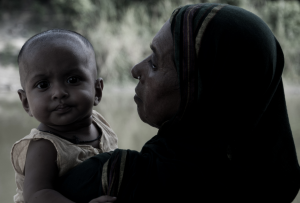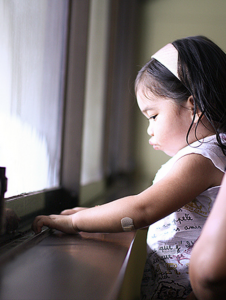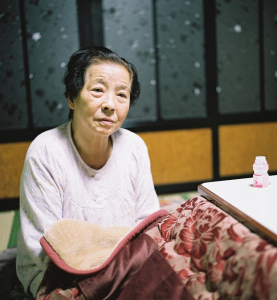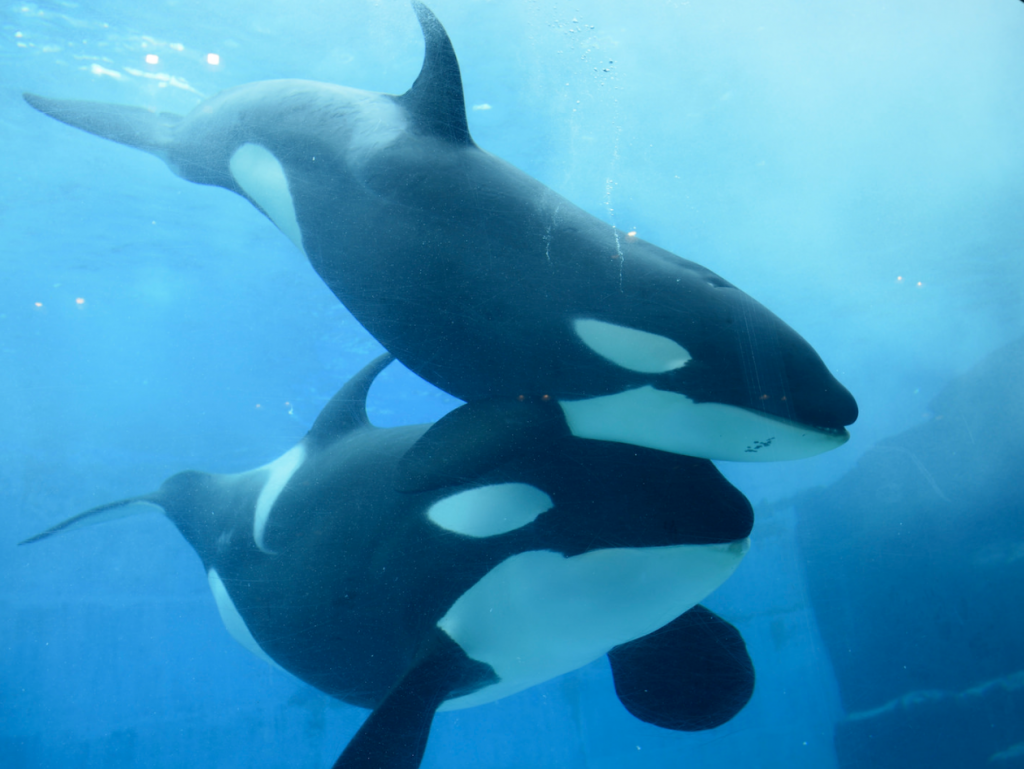Humans, naturally, like other animals, want to provide the best for their offspring. Couples generally take into account their financial situation, look at certain patterns in their family trees to try to prevent the risk of hereditary diseases and also prepare immensely before trying for a baby. But have couples ever looked at the biological effects of age and its offspring?

Elderly Mom with Children
Image by Niloy via Flickr
According to a research done in Denmark, older women tend to be better mothers. In the study, it was discovered that children who are born to women over forty years old were healthier, cleverer and had more emotional stability, as opposed to children who were born to parents in their twenties.
The average age of pregnancy is rising in North America, as many women in the United States are waiting longer than ever to have their first child. Just fifteen years ago the average age for women pregnancy was 24 years, but by the year 2014 that age had risen to 26 years.
Dion Summer, a researcher at Aarhus University in Denmark, analyzed the psychological maturity of older women and has shown benefit of children’s success until mid-teens due to their parents emotional stability. Regardless of the mothers background and education, they have found that children’s language and social development also increased as their mothers’ age increased.
Another study published in the European Journal of Developmental Psychology has found that mature women do not physically discipline their children as much as younger mothers. Researchers from the University of Texas and the University of Michigan have done five decades worth of research which involved more than 160,000 children and showed disciplinary spankings increase childhood mental health issues. Older mothers tend to discipline and scold their children less than do those of younger age. After the child passes the age of 15, there is no difference in the amount of scolding done by the mother, regardless of their age. This helps explains the importance of childhood development as childhood defiance and scolding is closely related to their specific age.

Childhood Punishment
Image by Colour via Flickr
The increasing age of pregnancy in North America means people are getting older before they get pregnant. Maybe the increase in pregnancy age may help future generations of adults to succeed.
-Andrew Ting


